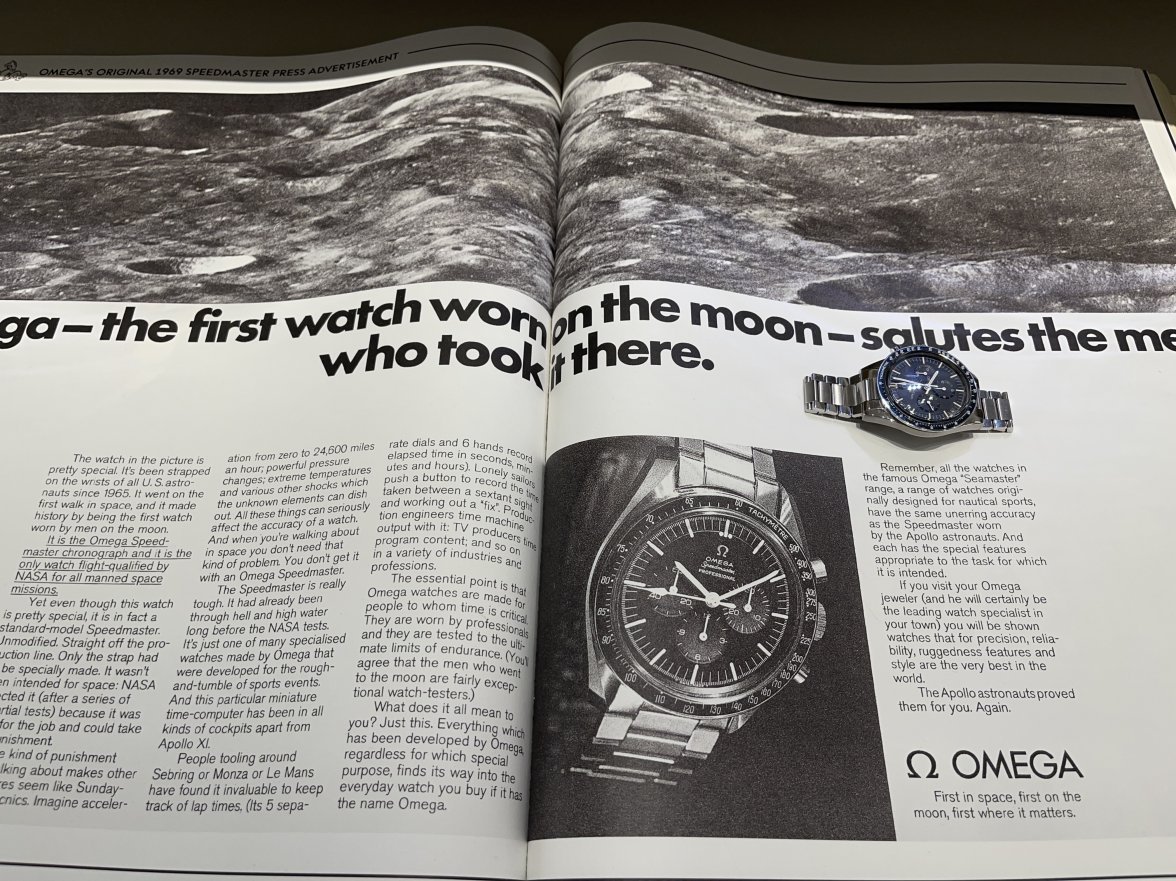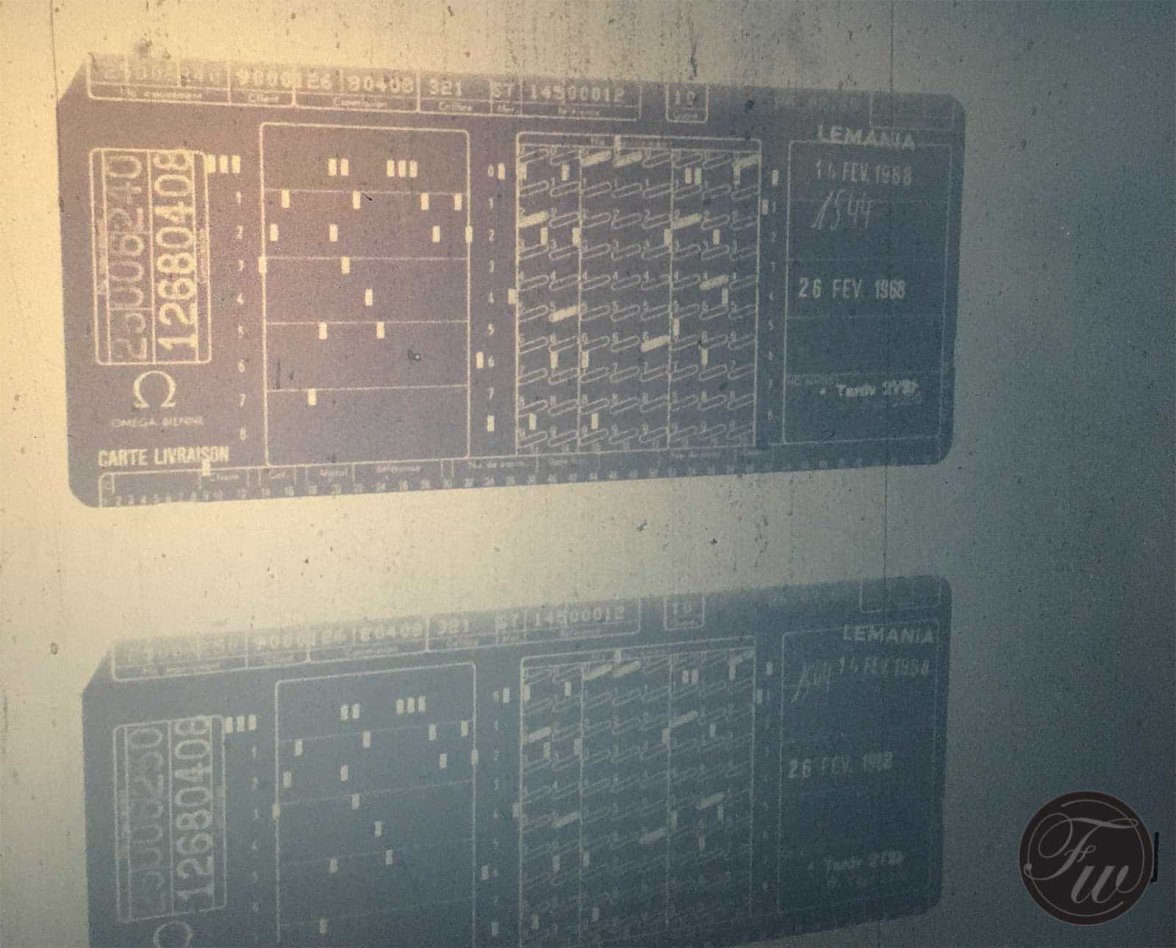Part of the issue was that people had to be paid for the time to search through this stuff. By charging for the service more value was probably instilled than was implied.
In an ideal world this information would be scanned and the raw material placed online. This though still does not prevent the abuse of creating fake entries or gaming the system for greed and gain.
The reason we want this info, is to increase the value of out our watches. A way of showing that they are real.
As a person interested in the history of technology I find things like the microfiche of the lemania punched card fascinating
These are IBM index cards what date back to the US 1880 census. In the 1930s this equipment was exported and used for voting machines till the 2000s when some people wanted to re-write history and claim the holes were not cleanly punched. The tech was also used by the Wiemarch government to locate undesirable people. (The dark history of IBM.) The tech really became commonplace after the War. This means Omega would have had an IBM or similar computer in the 1960s.
Curious then as to what survived and what did not. The results of the info on the card would probably have been stored on mag tape. The cards were machine readable, but what survived was a photograph. When I was little we would get boxes of such cards from the oil refineries or other companies to use in art projects.
There must be more of this material in closets attics and such. When I was little dumpster diving was an art. literally. That is how we got stuff for art projects. Then when people began selling other peoples trash. Someone made this illegal. Why not profit from the trash of others? I guess it is when deception happens that the fine line is crossed.
In college I was interested how such things were read and did my final on a paper tape punch. Should have kept more than 2 tapes. As noted elsewhere I built machines for the reading of player piano rolls. Which is a project I am still working on. Not to mention a Kodak film scanner. When Kodak failed. The buildings were bulldozed. I got one of the scanners but no driver software. One person had a backup, but it was damaged when copied from mac to windows and the metadata (Resource forks) were lost. I spent months and hours trying to recreate this software before falling into old bad habits of adding old watches to my collection.
Since I am also a bit of a polymath I used this tech on the online NASA JPL archives to download and reconstruct nearly 8000 mariner 9 data images. For decades I had the ability to read the data. Was not till I met others at a SETI convention I learned about the Online JPL archives. When I went into them I found them to be a mess. With data in the wrong folders. This work is done by interns and grant writing. When the grant money runs out the project gets abandoned. Best case is the data winds up on archive.org.
Greed though says such data is 'Owned.' By immortal corporations. What persist in keeping the laboring classes ignorant. I always though the masonic secret was quite the opposite. Hopefully this is an area where I am wrong. The house of the paperii in Herculaneum was re-sealed. On the other hand there is tradition of looting artifacts and selling them to the highest bidder. On the other hand one can plant seed in the ground and reap the harvest. Countries demand the return of their 'Cultural heritage' from each other.
The Herculaneum scrolls dismissed as epicurean philosophical nonsense. Next to impossible to find out much about this. Other than fluff documentaries what are mostly clickbait. Same for the Antykeythera dives. It is maddening to watch a documentary what does not credit the older books and documentaries as the new broom dismiss the older stuff is wrong and was written by idiot what know nothing.
In the world of orchestration collecting. Some collectors kept the Wurlitzer factory records to themselves. The reason was that the records could show the most likely place for literal barn finds. I was loaned some of these records to scan. One family did not want any of the rolls scanned (even though the collector did before he died. Just never got around to it) The heirs felt scanning the rolls to MIDI would lessen the value on eBay. So the collection was parted out.
I found it interesting that the WWII code breaking equipment was destroyed. No one ever blabbed about it. Then when it was declassified and Hollywood films made. It turned out the engineers did take the notes home. So the machines could be (mostly) replicated.
I had a chance to make a copy of the plans for Babbages computer of the 1830s. Problem is the way Academia works is that someone spends a lifetime studying stuff. The so called publish or perish. So a lot of history is kept private.
Watched the "Name of the Rose." The other night. That film really does make it seem like not much has changed when it comes to archives and the value of ideas.
Each generation writes the history of the ones that came before.

